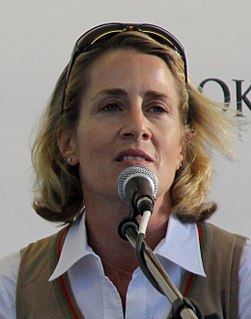A Quote by Celia Cruz
Forgiving is not forgetting. Forgiving is remembering without pain.
Quote Topics
Related Quotes
Once we have forgiven, however, we get a new freedom to forget. This time forgetting is a sign of health; it is not a trick to avoid spiritual surgery. We can forget because we have been healed. But even if it is easier to forget after we forgive, we should not make forgetting a test of our forgiving. The test of forgiving lies with healing the lingering pain of the past, not with forgetting the past has ever happened.
What is forgiving? Forgiving is giving up all claim on one who had hurt you and letting go of the emotional consequences of the hurt. How can we do that? It's done at the price of beating back our pride. By nature we are selfish. Forgiving, by definition, is unselfish. Being hurt by another person wounds our pride. Pride stands in the way of forgiving. We cannot forgive without God's help. It might be possible for us to forgive something inconsequential without God's help; but in significant matters, we are unlikely to accomplish anything without God's involvement in the process.
Forgiving presupposes remembering. And it creates a forgetting not in the natural way we forget yesterday's weather, but in the way of the great "in spite of" that says: I forget although I remember. Without this kind of forgetting no human relationship can endure healthily. I don't refer to a solemn act of asking for and offering forgiveness. Such rituals as sometimes occur between parents and children, or friends, or man and wife, are often acts of moral arrogance on the one part and enforced humiliation on the other. But I speak of the lasting willingness to accept him who has hurt us.
Forgiving is love's toughest work, and love's biggest risk. If you twist it into something it was never meant to be, it can make you a doormat or an insufferable manipulator. Forgiving seems almost unnatural. Our sense of fairness tells us people should pay for the wrong they do. But forgiving is love's power to break nature's rule.
Forgiving does not usually happen at once. It is a process, sometimes a long one, especially when it comes to wounds gouged deep. And we must expect some lapses...some people seem to manage to finish off forgiving in one swoop of the heart. But when they do, you can bet they are forgiving flesh wounds. Deeper cuts take more time and can use a second coat.
































